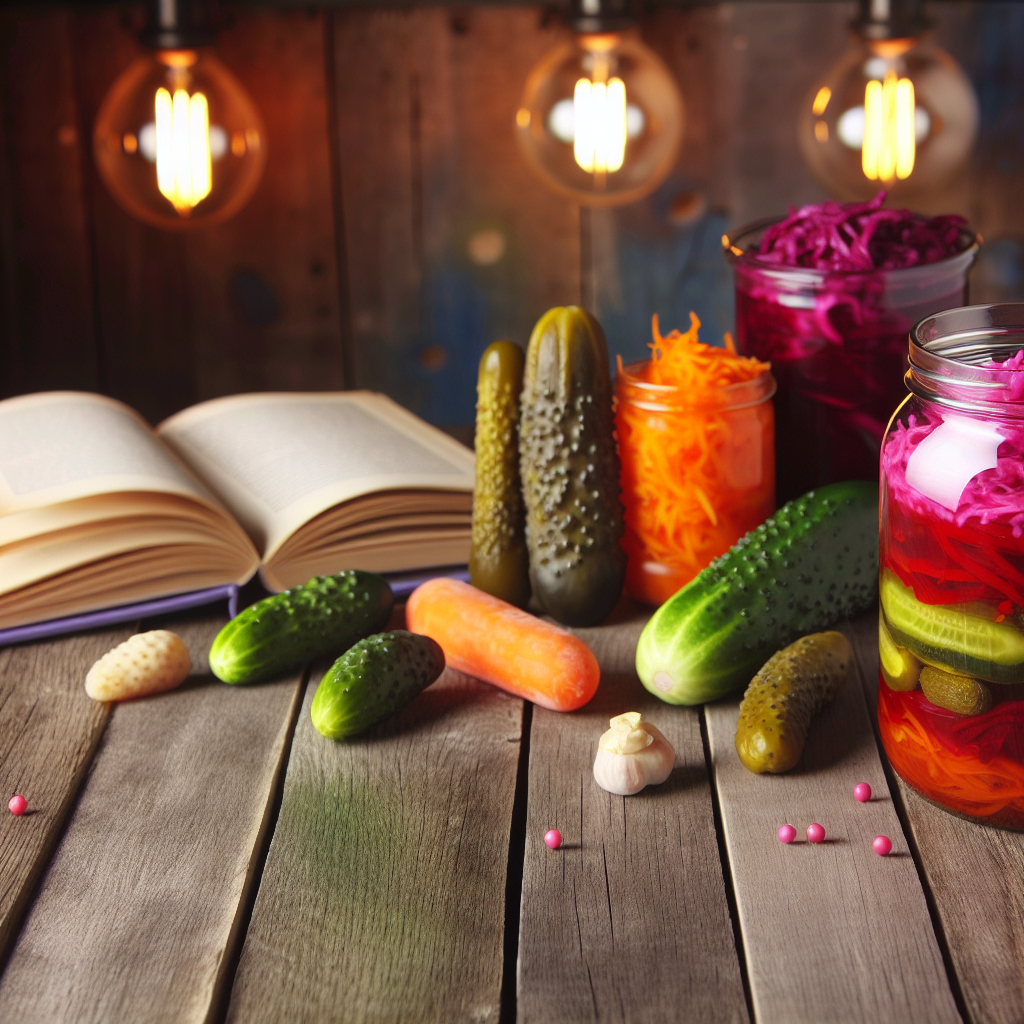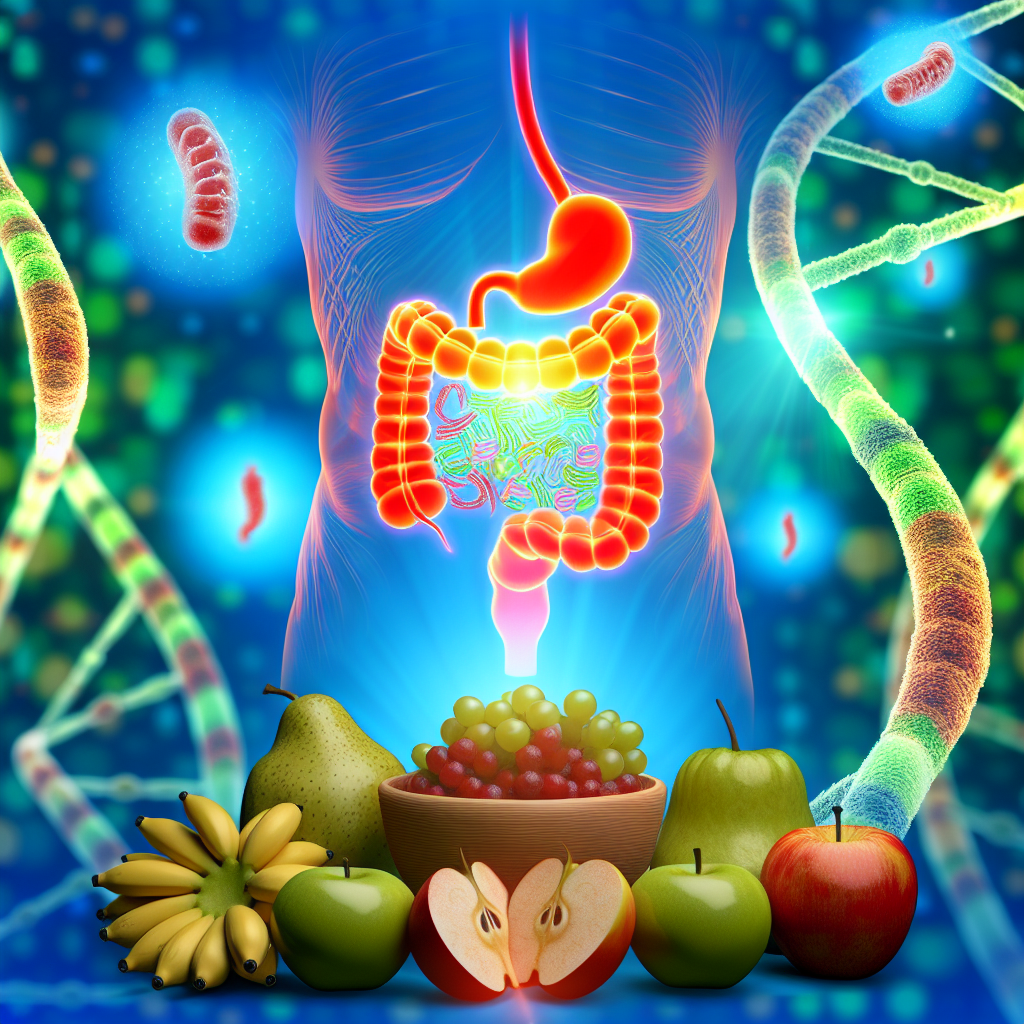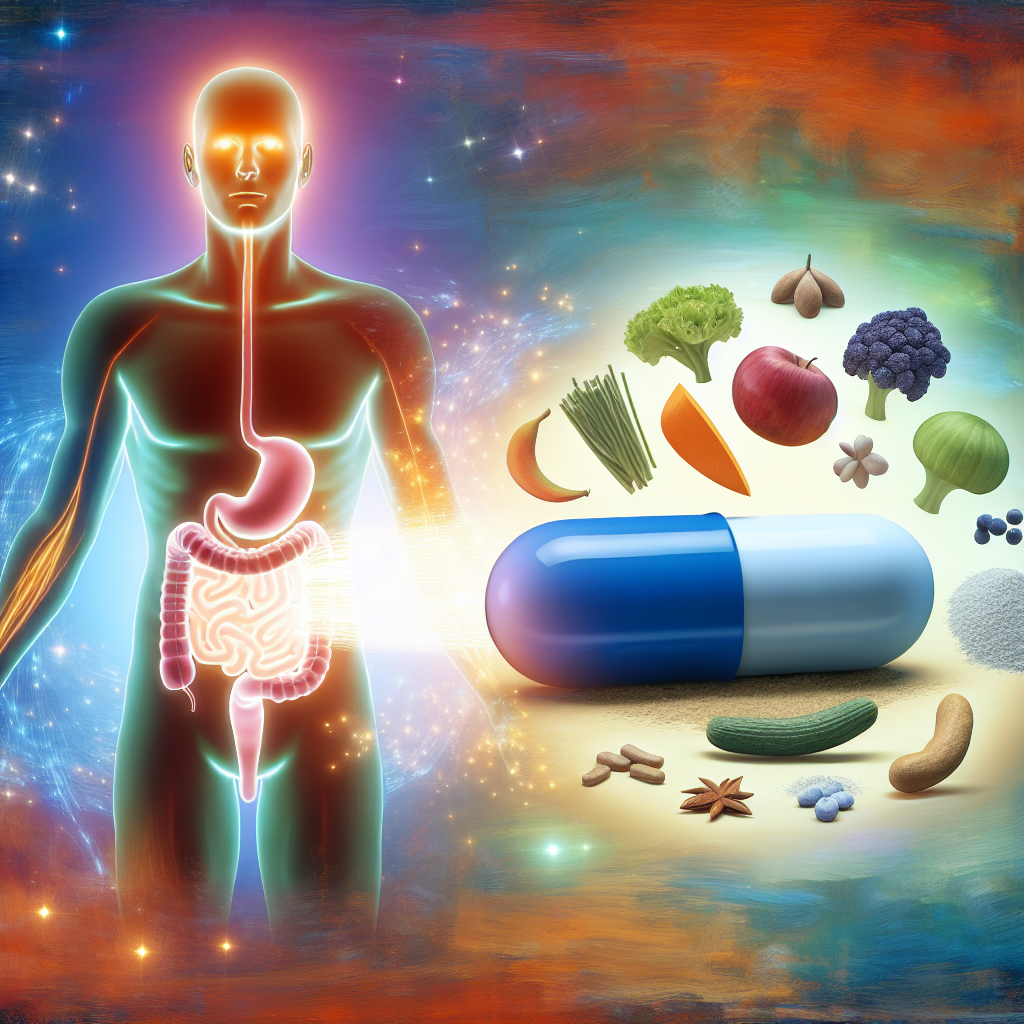Best Fermented Vegetables for Healing the Gut Lining
🧠 Why Gut Health Is the Secret to Total Wellness
Gut health has become a cornerstone of overall wellness, closely linked to immune function, mental clarity, energy levels, digestion, and even emotional balance. At the heart of a healthy gut lies the gut lining—a delicate barrier between the digestive tract and the bloodstream. This lining, also known as the intestinal epithelium, helps regulate nutrient absorption and blocks harmful substances from entering the bloodstream.
Unfortunately, modern dietary habits, chronic stress, and overuse of antibiotics can compromise this lining, leading to a condition known as leaky gut syndrome or increased intestinal permeability.
When the gut lining is damaged, it allows toxins, undigested food particles, and pathogens to leak into the bloodstream, triggering inflammation and a host of systemic health problems—ranging from autoimmune conditions and food sensitivities to brain fog and fatigue. Healing the gut lining, therefore, is foundational for achieving holistic health and well-being.
🥦 Nature’s Prescription: How Fermented Vegetables Restore Gut Integrity
One of the most effective and natural approaches to repairing the gut lining involves the use of fermented vegetables. Fermented vegetables are rich in probiotics, enzymes, and beneficial microbes that restore the gut microbiome, reduce inflammation, and support the regeneration of the gut’s protective barrier. Their bioactive compounds also help balance intestinal pH and combat pathogenic bacteria.
Unlike probiotic supplements, fermented vegetables offer a synergistic combination of fiber, organic acids, and live cultures in their natural form, all of which work together to nourish the gut environment. They are also incredibly sustainable, affordable, and easy to incorporate into daily diets—making them a powerful tool for gut healing.
In this article, we’ll explore the best fermented vegetables for gut lining repair, the science behind their healing properties, and how to safely and effectively integrate them into your daily nutrition.
🧬 Backed by Science: The Healing Power of Fermented Foods
Growing interest in the gut microbiome has led to a surge in scientific studies validating the role of probiotics and fermented foods in gut health. A 2016 study published in the journal Cell highlighted how fermented foods interact with the gut microbiota, enhancing microbial diversity and reducing markers of inflammation throughout the body (Zhao et al., 2016).
The process of lacto-fermentation, which produces fermented vegetables, supports the growth of beneficial bacteria such as Lactobacillus and Bifidobacterium species. These microbes reinforce the tight junctions in the gut lining—critical cellular structures that prevent intestinal permeability. A clinical trial published in Nutrients in 2018 demonstrated that probiotic-rich foods improved intestinal barrier function and reduced systemic inflammation in patients with irritable bowel syndrome (Martinez et al., 2018).
Additionally, specific strains such as Lactobacillus plantarum, often found in fermented cabbage (sauerkraut) and kimchi, have well-documented anti-inflammatory properties and a unique ability to bind to the gut mucosa, promoting mucin production and epithelial cell regeneration (Marco et al., 2017). This makes them particularly effective in healing a damaged gut lining.
Fermented vegetables are also natural sources of short-chain fatty acids (SCFAs), especially butyrate. These SCFAs are vital for nourishing colonocytes—the cells lining the colon. A 2020 review in Frontiers in Microbiology emphasized the role of SCFAs in maintaining gut barrier integrity and promoting mucosal healing (Silva et al., 2020).
Furthermore, polyphenols in vegetables like beets and carrots undergo bioactivation during fermentation, becoming potent anti-inflammatory agents that aid gut lining repair.
🥒 The Ultimate List: Best Fermented Vegetables to Repair and Rebuild Your Gut Lining
-
Sauerkraut (Fermented Cabbage)
High in Lactobacillus plantarum, sauerkraut is also rich in vitamin C, fiber, and glutamine. Glutamine is a key amino acid that repairs enterocyte cells lining the gut. Live cultures in sauerkraut restore microbiome diversity and reduce inflammation. -
Kimchi
This Korean superfood combines cabbage, garlic, ginger, and chili—each with antimicrobial and anti-inflammatory properties. The fermentation process supercharges its probiotic content and phytonutrient benefits that aid gut lining regeneration. -
Fermented Carrots
Packed with beta-carotene, fermented carrots offer powerful antioxidant support during gut repair. They develop beneficial microbes like Lactobacillus brevis that promote mucosal balance and protect the intestinal barrier. -
Fermented Beets
Beets are high in betalains—antioxidants that inhibit inflammation. When fermented, they enhance bile flow and liver detoxification, reducing systemic toxins and easing the gut’s burden. -
Fermented Garlic
Small but mighty, fermented garlic is loaded with prebiotics and bioavailable sulfur compounds. These nourish good bacteria and repress harmful microbes, vital in restoring gut lining health. -
Fermented Onions
A great source of quercetin, fermented onions support immune defense and help strengthen epithelial tight junctions in the intestinal lining.
🌿 Conclusion: Feed Your Gut What It Truly Needs to Heal
Fermented vegetables offer a proven, natural way to repair the gut lining, restore optimal digestive health, and elevate your overall well-being. By replenishing gut flora with scientifically validated probiotics, reducing inflammation through antioxidant-rich compounds, and supporting cellular repair, fermented veggies deliver comprehensive benefits from the inside out.
Incorporating just a small daily serving of these healing foods can make a significant difference in gut restoration and long-term health maintenance. As always, individuals with digestive conditions or sensitivities should consult with a healthcare professional before making major dietary changes. Still, for most people, embracing the ancient nutritional wisdom of fermentation may be one of the best modern moves for holistic gut health.
📚 References
- Zhao, L., et al. (2016). Gut bacteria selectively promoted by dietary fibers alleviate type 2 diabetes. Cell Metabolism, 24(5), 776–788. Read Study
- Martinez, R. C. R., et al. (2018). Scientific evidence for health effects attributed to the consumption of probiotics and prebiotics. Nutrients, 10(10), 1401. Read Article
- Marco, M. L., et al. (2017). Health benefits of fermented foods: microbiota and beyond. Current Opinion in Biotechnology, 44, 94–102. Read Research
- Silva, Y. P., et al. (2020). The role of short-chain fatty acids from gut microbiota in gut-brain communication. Frontiers in Endocrinology, 11, 25. Explore Full Text
Concise Summary:
Fermented vegetables are a powerful natural remedy for healing and repairing the gut lining. They are rich in probiotics, enzymes, and beneficial microbes that restore the gut microbiome, reduce inflammation, and support the regeneration of the gut’s protective barrier. The article explores the best fermented vegetables for gut lining repair, the science behind their healing properties, and how to effectively incorporate them into daily nutrition.

Dominic E. is a passionate filmmaker navigating the exciting intersection of art and science. By day, he delves into the complexities of the human body as a full-time medical writer, meticulously translating intricate medical concepts into accessible and engaging narratives. By night, he explores the boundless realm of cinematic storytelling, crafting narratives that evoke emotion and challenge perspectives.
Film Student and Full-time Medical Writer for ContentVendor.com



